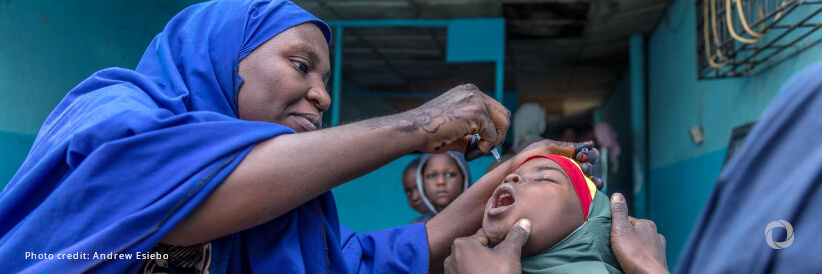Gavi, the Vaccine Alliance and partners have committed to reaching 86 million adolescent girls with the human papillomavirus (HPV) vaccine by 2025, outlining an action plan following the Gavi Board’s approval of the revitalisation of the HPV programme.
Over the course of the next three years, the Vaccine Alliance – which includes country governments, the World Health Organization, UNICEF, the Bill & Melinda Gates Foundation, civil society and other key partners – will work with low- and middle-income countries to help even more adolescent girls access this life-saving vaccine.
This revitalisation push will be on three fronts:
- Introductions: providing new funding and assistance to introduce the HPV vaccine into routine immunisation schedules;
- Catch up and strengthen: implementing multi-age cohort (MAC) vaccination to rapidly catch up and improve coverage; and
- Integration: promote sustainability through the integration of HPV vaccination into routine immunisation and primary health care.
In parallel, Gavi will also offer support to countries to optimise the 2022 WHO Strategic Advisory Group of Experts on Immunization (SAGE) one-dose recommendation, which now enables countries to opt for a single-dose schedule for the HPV vaccine. Country-led decision-making to adopt and implement the new guidelines, as per country choice, will be critical.
Some of the countries that Gavi anticipates will receive support in the next 12 months include Bangladesh, Cambodia, Ethiopia, Indonesia1, Kenya, Nigeria, Togo and Zambia Gavi will also continue to work with countries that have already introduced the vaccine to help improve coverage and other countries to plan for future introductions.
In addition to its standard vaccine and health systems support activities, the December Board decision will allow Gavi to dedicate additional funding to help countries and partners reach more girls with this life-saving vaccine than ever. This includes approximately US$ 33 million for enhanced technical assistance for introductions, planning and implementation; US$ 40 million to optimise health systems strengthening investments focused on effective delivery of the HPV vaccine; and cash support of US$ 69 million for new introductions.
Given the unique challenges of HPV vaccination, such as service delivery, gender-related barriers, demand and trust – and the need to better understand how best to implement effective programmes that reach all girls (including those out of school and HIV+ populations) – Gavi will also dedicate US$ 15 million to establish a learning agenda to support the integration of the HPV vaccination programme into routine immunisation and primary health care in lower- and middle-income countries. Community engagement across diverse settings, communication and the collaborative efforts of partners – including civil society partners, WHO, UNICEF and other partners and governments – will be critical to the success of this agenda.

